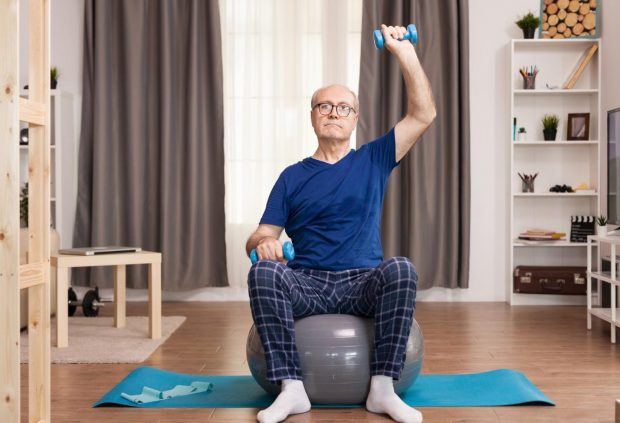After an individual gets diagnosed with dementia, there is no way to reverse the disease. But if dementia is identified in the earlier stages, there are several ways to slow down its progression.
A few risk factors increase one’s likelihood of developing dementia, such as age and genetics. Although you cannot modify these risks, following the proper steps and leading a healthy lifestyle can slow down the progression of dementia and lower the risk of cognitive decline.
Consult a Dementia Care Home
It is not mandatory to move into a retirement home immediately after a diagnosis. But looking into dementia care homes in the early dementia stages can slow down the progression of the disease. Memory care homes are equipped with the necessary tools and qualified staff members to help seniors manage dementia symptoms and slow down cognitive decline.
A memory care home can help seniors with consistent care and attention to reach the resident’s condition. They can also help you better understand how you can assist yourself or your loved one and explain the procedure of living in a dementia care home.
Maintain a Brain-Friendly Diet
The National Institute of Aging shares what an individual eats affect the aging brain’s ability to think and remember. Changing eating patterns can result in cognitive benefits, allowing someone with dementia or memory loss problems to slow down the disease.
Following a diet with brain-friendly foods can stimulate the brain and function more effectively. On the other hand, unhealthy foods such as items loaded with sugar or high in saturated fat can have adverse effects. In some cases, foods that lead to weight gain or obesity can increase the risk of developing dementia.
Increase in Physical Activity
Physical activity can affect the brain. In fact, higher activity levels can reduce the risk of a decline in one’s mental function. Regular exercise can combat the risks of developing dementia and other factors leading to dementia, such as obesity or depression.
Physical activity will keep the brain flowing and stimulate it by sending the brain signals to continue working. It can also improve the overall mood of someone with dementia, allowing them to lead a more peaceful life.
Reduce Harmful Lifestyle Habits
In an article drawing on the connections between lifestyle habits and dementia, Healthline shared the results of a study by The Lancet medical journal. The report suggests that “approximately 35 percent of dementia cases are connected to nine risk factors: “education, midlife hypertension, midlife obesity, hearing loss, late-life depression, diabetes, physical inactivity, smoking, and social isolation.”
Granted, not all lifestyle habits that contribute to dementia are harmful. However, reducing some of them can slow down the progression of the disease. Changing the controllable factors, such as quitting smoking, increasing physical activity, and socializing more, can reduce the risk factors and slow down cognitive decline.
Take Charge of Your Brain
The brain is a complex organ. It controls and regulates every function in the body, such as memory, thought, vision, breathing, and hunger. Yes, you cannot change the way your brain processes things. However, you can try to take charge by altering habits that could escalate the progression of dementia. Taking steps to slow down the progression of the disease can help you live a better quality of life.





![women [longevity live]](https://longevitylive.com/wp-content/uploads/2020/01/photo-of-women-walking-down-the-street-1116984-100x100.jpg)










